Pet dog test positive for coronavirus in North Carolina
The US has recorded its first known case of coronavirus in a dog, with his family saying the pug had displayed mild symptoms for several days.
Coronavirus
Don't miss out on the headlines from Coronavirus. Followed categories will be added to My News.
A pug in North Carolina has tested positive for the coronavirus, marking the first known infection in a dog in the United States, according to US media.
The pet, named Winston, was part of a Duke University study on April 1 in which the whole household was tested for the virus, local TV channel WRAL reported.
“The virus that causes COVID-19 was detected” in the dog, Dr Chris Woods, the lead investigator of the university’s Molecular and Epidemiological Study of Suspected Infection, told the outlet, adding that he believed it was the country’s first such case.
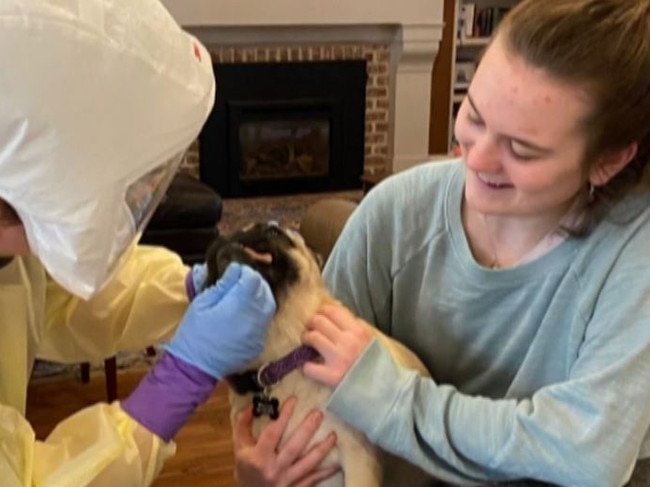
In the household, the mother, father and son also tested positive while the daughter, another dog and a cat tested negative.
The family’s pet lizard was not tested.
The pug was exhibiting mild symptoms for a few days, according to the mother, Heather McLean.
“There was one day when he didn’t want to eat his breakfast, and if you know pugs, you know they love to eat, so that seemed very unusual,” she told WRAL.
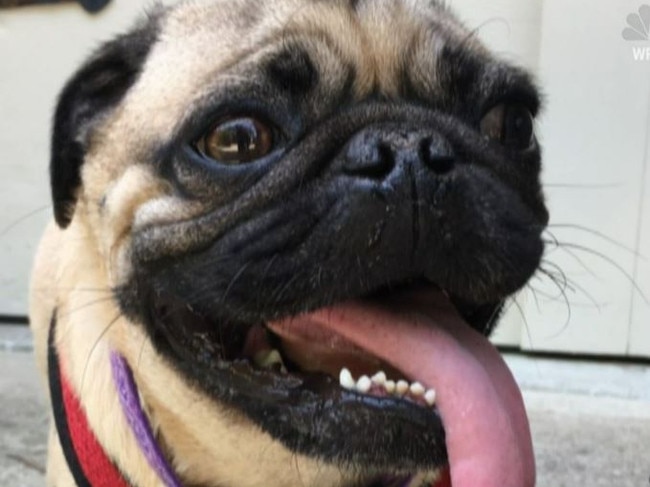
The pug joins the ranks of a Pomeranian in Hong Kong that was the world’s first dog to test positive for the virus in February.
Several cases have since been reported in pet cats and eight tigers and lions in a New York zoo.
Research suggests that dogs are susceptible to infection but appear to be less affected than ferrets or cats, according to the World Organisation for Animal Health.
“To date, there is no evidence that companion animals play a significant a role in spreading the disease,” according to the organisation’s website.
PET CATS TEST POSITIVE FOR CORONAVIRUS
Two pet cats have tested positive for coronavirus in New York State, the first pets in the US to contract the infection.
Officials say the felines, from two different homes, both had mild respiratory symptoms, but are expected to recover.
One of the household cats was tested when it showed signs of respiratory illness after its owner tested positive.
The other cat’s owners have reportedly not been tested for coronavirus.
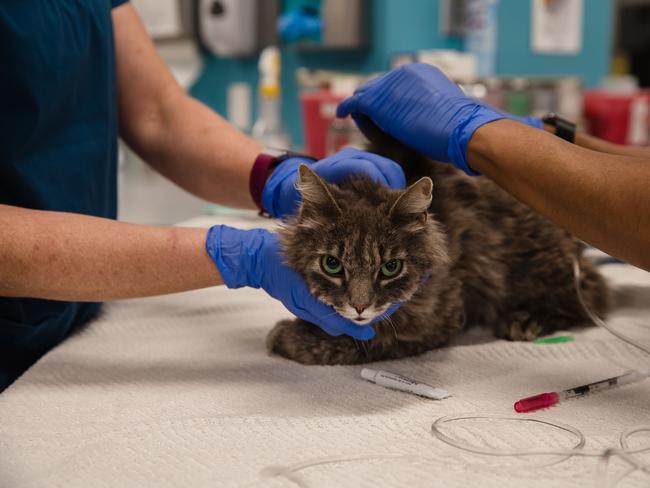
It comes after an expert warned that pet owners, in light of global events and advice, need to be mindful of possible transmission risks and ensure they protect their animals by practising social distancing.
Dr Anne Fawcett, of the University of Sydney’s School of Veterinary Science, said pet owners need to take a “common sense approach”.
“Out of an abundance of caution, don’t let anyone pat your dog,” she said.
“Maintain social distancing for your dogs. Think of them as a part of your family unit, which is in isolation together.
She urged owners to practise good hand hygiene and to avoid walking their dog if they feel unwell.
“If you think you’re infected, don’t walk your dog, get a friend to do it. If you haven’t washed your hands, don’t touch someone else’s dog.”
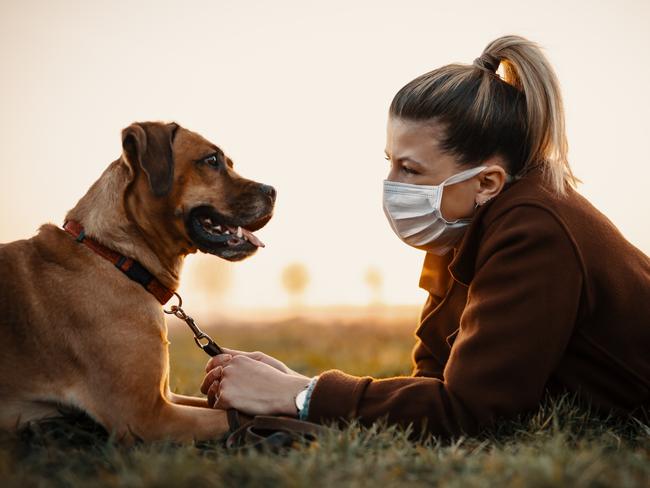
Dr Fawcett advised people to be mindful of how they interact with animals, suggesting that they avoid close contact such as kissing their dogs or burying their face in their pet’s fur.
Associate Professor Farhid Hemmatzadeh, the head of virology at the University of Adelaide’s School of Animal and Veterinary science, said he was waiting on the “initial evaluation” of two research projects that could establish whether pets experience a biological transmission of the virus.
Dr Hemmatzadeh said this was poorly understood at present, and most evidence of COVID-19 infection in animals including dogs, cats, and even tigers suggested a mechanical transmission.
Mechanical transmission is when the virus does not replicate or develop in a vector; it simply exists, like when someone with a contaminated hand touches a surface.
In a biological transmission, the virus replicates and amplifies in the vector, such as an animal that can then transmit the virus.
“We want to first investigate the existence of the coronavirus in the respiratory tract of pets whose owners are infected with COVID-19,” Dr Hemmatzadeh said.
“Then right after, we want to investigate how the immune systems of COVID-19-positive pets responded and how long the virus can stay in their body.”
He said the groundwork for the studies was still being laid, but researchers “may have some initial information that shows how pets are exposed to the virus and respond to the infection” in the next few weeks, which could help establish whether they can transmit the virus.
Dr Hemmatzadeh added there was currently no evidence that showed pets were able to pass on COVID-19 to humans.
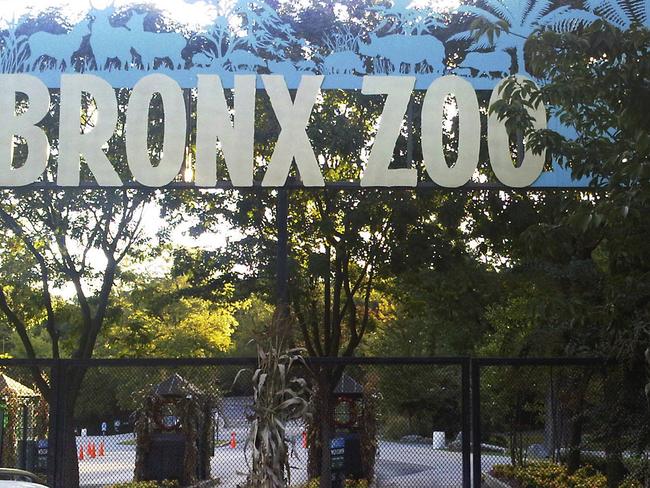
Other experts have doubled down on this point, with renewed interest in animal to human transmission after a tiger at the Bronx Zoo tested positive to COVID-19.
“The small number of animals that have tested positive for SARS-CoV-2 are not involved in the spread of infection in humans,” Professor Jacqui Norris from The University of Sydney’s School of Veterinary science said.
“Globally, there have been two cats and two dogs that have tested positive for SARS-CoV-2. These pets were living with infected human owners and the timing of the positive result demonstrates human-to-animal transfer. Virus culture on these pets was negative, meaning that an active virus was not present.”
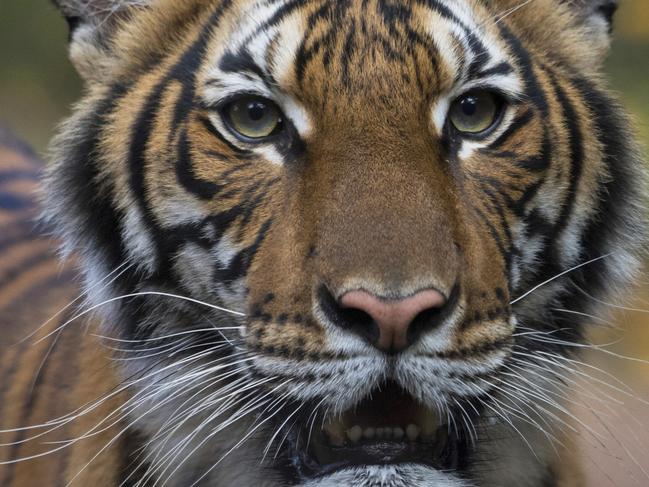
She said despite there being no evidence that animals could transfer COVID-19 to humans, social distancing should apply to all household members, including pets.
“If a member of the household becomes sick with COVID-19, they should be isolated from all members of the household, pets included,” Prof Norris said.
It comes amid confusion over whether sick pets can be taken to the vet during the national lockdown.
“Veterinarians have been declared an essential service and veterinary clinics are open, but they’re changing the way they do things to minimise the risk of human-to-human coronavirus transmission,” Dr Fawcett said.
She said it was important to ring your vet ahead of time, and that vets had moved to low and no-contact visits.
Dr Fawcett said that meant sick pets would be booked in at a pre-arranged time, and they would then be taken by the vet while owners waited outside or in a designated area.
